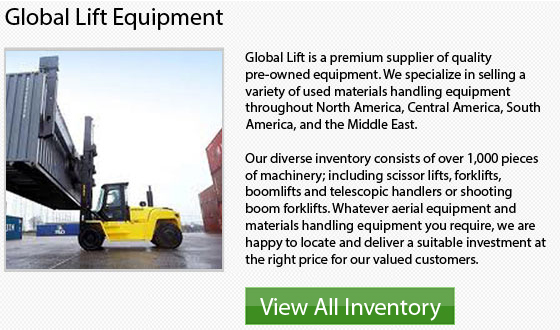
Electric Lift Truck Specifications
Lift trucks are utilized for carrying and lifting cargo in job sites like construction and warehousing. Forklifts are available in different classes that utilize various types of fuel. The electric forklift is becoming very common in a wide array of industries. They are powered by rechargeable lead-acid batteries which are more powerful and larger compared to automobile batteries. In this broad category of electric forklift, there are a variety of sub-types distinguished by some common specifications.
Load Capacity
The amount oftotal weight a lift truck model are capable of supporting is the load capacity.
Stroke
The vertical lift travel of the forklift is the stroke. It describes the total difference between the fully-loaded and fully-raised positions of the specific lift truck.
Classes
Classes of lift trucks categorize machines by type in order to organize the features of the different units. Forklifts are divided into eight classes. Classes I, II, and III pertain to electric forklifts. Class I lift trucks cover electric motor trucks engineered to be ridden by the operator while in operation. Class II electric lift trucks are recommended for pulling and stocking products in a warehouse and are manufactured for efficiency in narrow aisle environments. Class III electric lift trucks are motor-powered hand trucks that are operated by a person who walks at the back of the unit.
Battery Specifications
The battery specifications help to offer the needed information pertaining to its performance. On the lift truck is a plate which identifies the volts put out from the battery. The weight of the battery will normally be specified on the lift truck as well, since that information is needed to know the amount of weight the lift truck must support. Typically the specification also consists of the forklift weight without the battery.
Input
Input refers to the total energy input that the forklift's battery is designed to accept while charging. This is actually an essential specification. Like for example, an electric lift truck might be able to accept either 230 or 460 volts at a time.